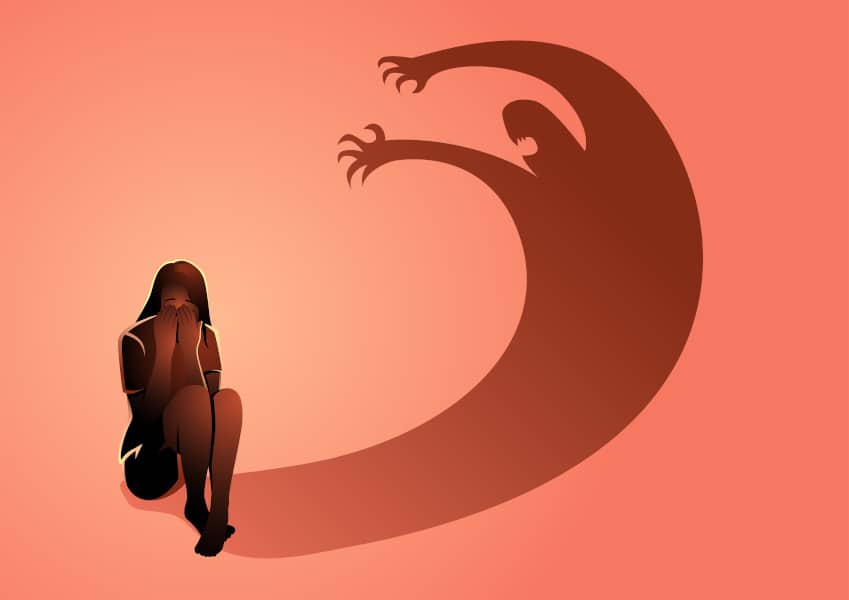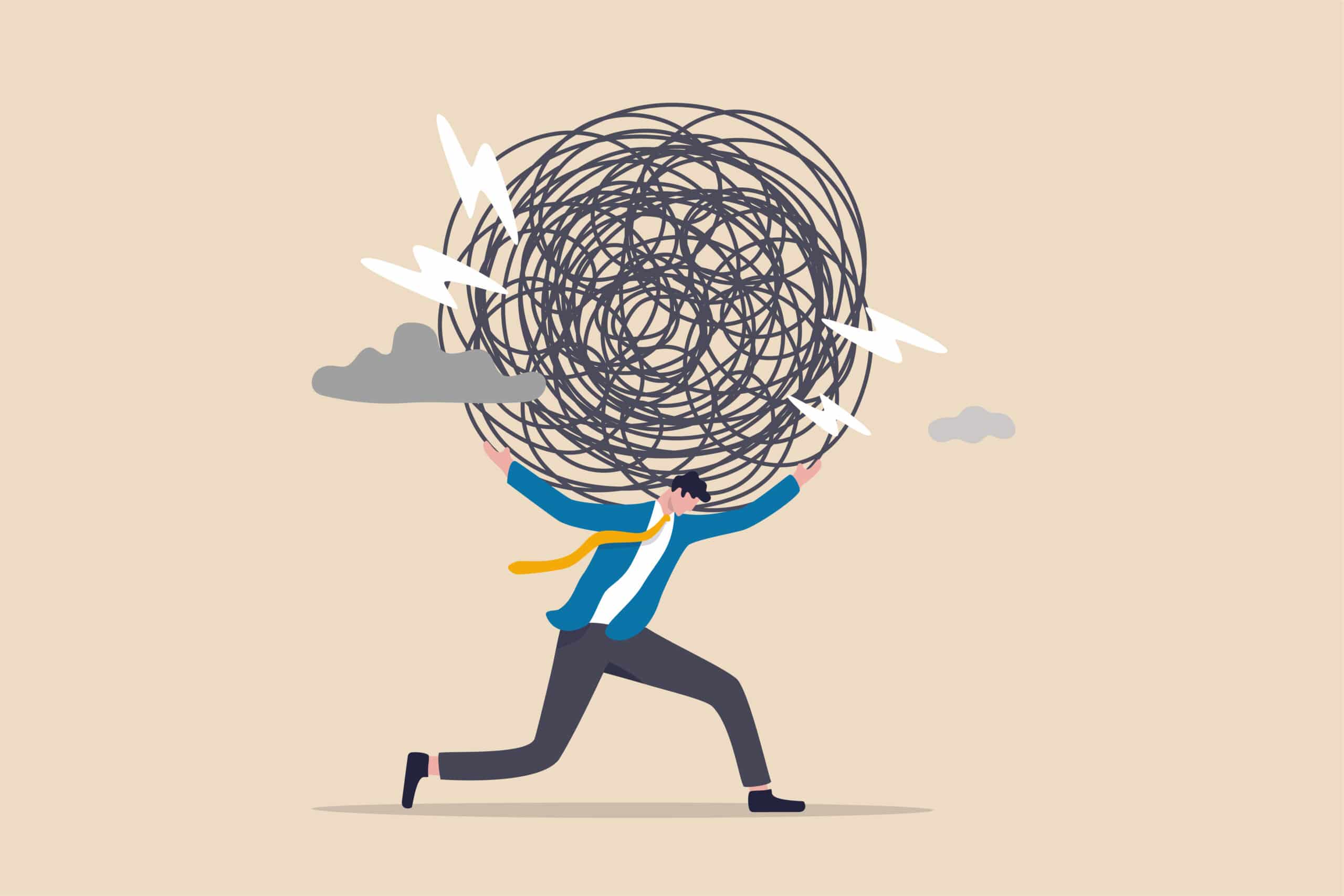Obsessive-compulsive disorder (OCD) is a mental health condition that affects millions of people worldwide. It is characterized by a pattern of unwanted thoughts (obsessions) and uncontrollable repetitive behaviors (compulsions).
OCD causes a person to feel overwhelming anxiety and an impending sense of doom when they cannot carry out their compulsions. Anxiety is a central component of obsessive-compulsive disorder, and the two are deeply interconnected. How are OCD and anxiety related?
What is OCD?
OCD is a mental health disorder characterized by the presence of obsessions and compulsions. Obsessions are intrusive, distressing, and persistent thoughts or mental images that cause significant distress. These obsessions can revolve around various themes, including contamination, harm, symmetry, or order. They are often unwanted and difficult to control.
The Anxiety Trigger: Obsessions
Obsessions are the root connection between OCD and anxiety. These unwanted and intrusive thoughts are distressing and lead to intense feelings of fear, worry, and unease. For example, someone with contamination obsessions may fear touching everyday objects, believing they are contaminated with harmful germs. These common OCD triggers create anxiety because they generate irrational fears and concerns.
The Coping Mechanism: Compulsions
Compulsions are repetitive behaviors or mental acts that individuals with OCD perform in response to their obsessions. The primary purpose of these compulsions is to alleviate the anxiety and discomfort caused by the obsessions. For instance, someone with contamination obsessions may repeatedly wash their hands to reduce the anxiety they feel. If someone cannot carry out their compulsions, their anxiety increases significantly.
The Vicious Cycle of OCD and Anxiety
Compulsions may provide temporary relief from anxiety, but they are not a long-term solution as they can exacerbate the problem. Although it seems like carrying out compulsions provides relief from obsessions, the relief is only temporary. It doesn’t take long before the next obsession creeps in and demands relief via another compulsion.
This vicious cycle can only be interrupted by a therapeutic intervention. Specialized treatment for OCD and anxiety will teach the skills and tools needed to manage the cycle of obsessions and compulsions.
Seeking Help for OCD and Anxiety
OCD is a treatable condition. There are effective therapeutic approaches to manage its symptoms and associated anxiety. Treatment for OCD and anxiety typically involves a combination of psychotherapy and medication.
Exposure and ritual prevention therapy (CBT) is one of the most-used therapeutic approaches because it focuses on helping individuals confront their obsessions and reduce their compulsions. Cognitive-behavioral therapy is another common modality that is used often. Additionally, serotonin reuptake inhibitors (SRIs) are the medications most often used to treat OCD and anxiety.2
It’s crucial to seek help from a mental health professional if you or someone you know is struggling with OCD and anxiety. Early intervention and proper treatment can significantly improve the quality of life for individuals with these conditions.
If you or your loved one are ready to seek help, Lifeskills South Florida offers specialized programs for people living with these conditions. We understand the cycle of OCD and anxiety as well as the intricate link between the two disorders. Our individualized, comprehensive approach to care ensures that you receive the care you need and deserve.
Call us at 954-953-1742 or submit an online contact form to speak with an admissions specialist today and find the program that’s right for you.
References
- National Institute of Mental Health. (2023). Obsessive-Compulsive Disorder.
- UFHealth. (2022). Medications for OCD.




